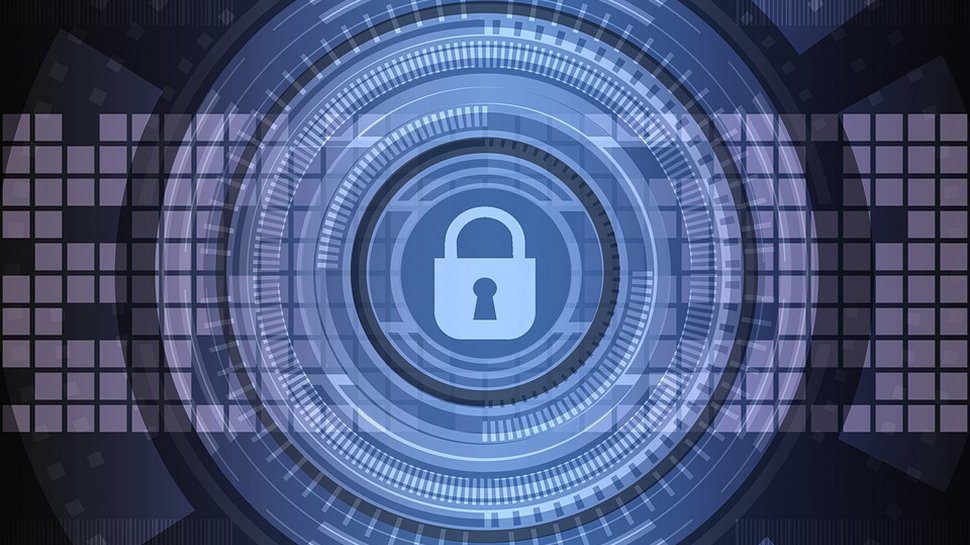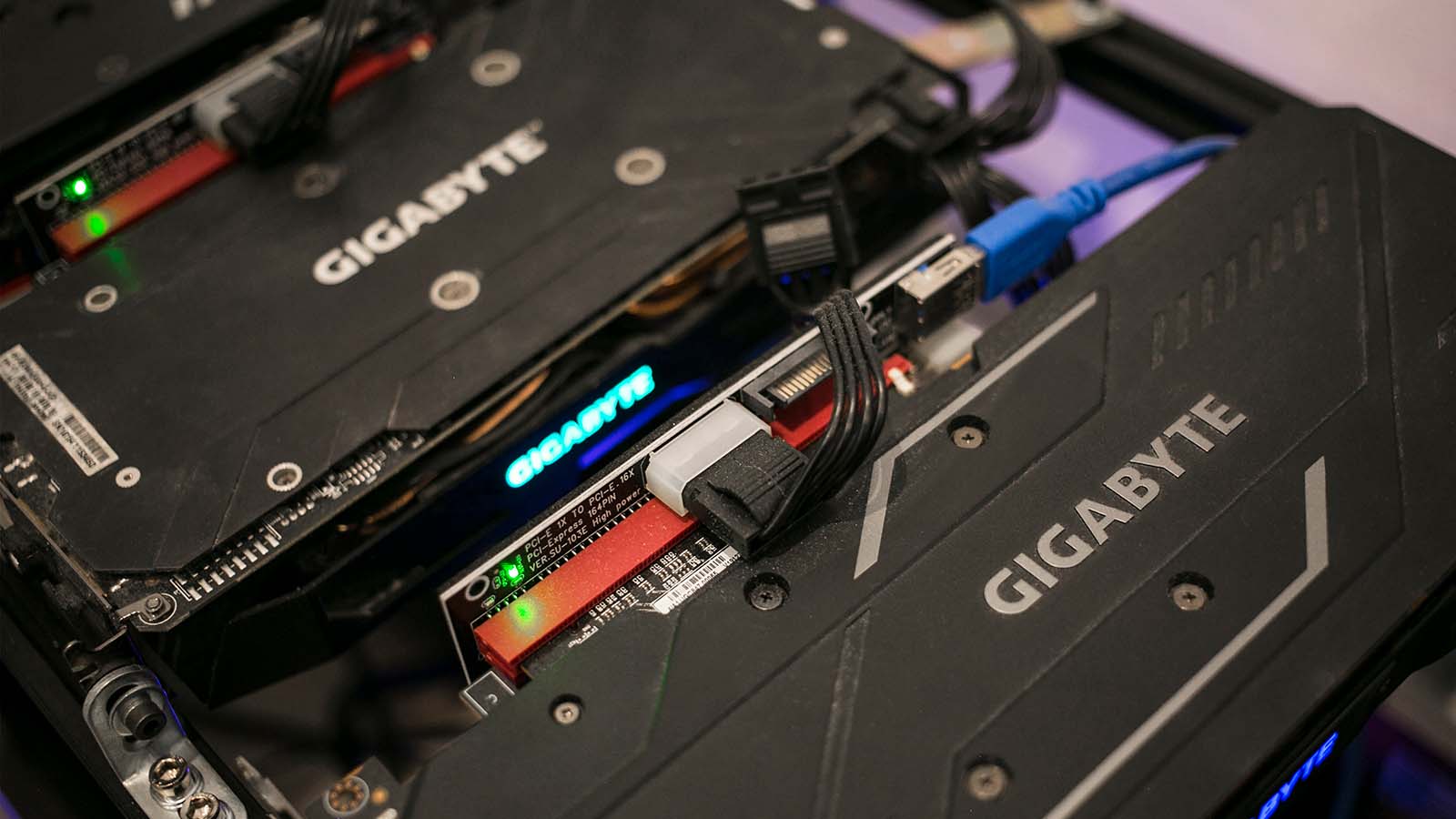7 cool uses for your old laptop or PC
So you've got a new computer, here's how to use your old one.

Getting a new computer is super exciting, whether you've picked up a new gaming rig or an updated laptop. But getting the new hardware invariably means that you now have some old gear hanging around. Sure, you could put it in a cupboard or the garage and forget about it, or you could send it to the scrapheap instead. But wouldn't be better to find a cool new use for it?
There are plenty of different ways to turn an old PC or laptop into something useful, including the doorstop that more than a few old machines have found themselves becoming. But there are some real ways that old computers can make themselves useful, and best of all they normally won't cost you a penny.
The possibilities are almost endless, but we're going to focus on a handful of the most interesting ways an old computer can find a new lease of life in your home or office.
The home fileserver
This is one that's particularly handy if you're a family or working in a small office, both instances where giving people quick and easy access to information can be a huge win. Whether those files are MP3s of your music collection or the latest business proposal, having them to hand at all times is easy with a fileserver.
Many people use things like Raspberry Pis or network-attached storage (NAS) devices for this kind of thing, but you can set your old computer up to do the same job without buying any additional hardware. You can of course use the same operating system that's already installed, likely a flavor of Windows, or you can install software built for the job. Amahi is one solution, as is FreeNAS, and as ever, Google is your friend.
The web server

Setting up a web server on the internet is surprisingly cheap these days, but where's the fun in letting someone else do it for you? Thanks to fast always-on home internet connections there are now few reasons that you can't host your own server and provide web pages to the internet yourself.
Setting up a web server will give you the chance to learn more about cool technology like Linux as well as how the internet actually works — including the dastardly world of DNS. If you're technically inclined, setting up a web server can be a rewarding experience and you can then self-host a website via WordPress or one of the many different solutions without spending a penny.
Sign up for breaking news, reviews, opinion, top tech deals, and more.
The learning PC
If you're learning how computers work there are few better ways to do it than with a machine that you aren't worried about breaking — and your newly-old PC or laptop is the perfect example.
Whether you want to get to know how to fix problems with Windows or get to grips with the command line and Linux — and the many different versions thereof — a PC that you don't need to work at the end of the day is vital. It takes the pressure off and gives you the room you need to make mistakes and learn from them.
The firewall and ad-blocker

Similar to the idea of hosting your own website or fileserver, you can also turn any old computer into a firewall for additional control over how your devices connect to the internet.
PiHole is software that can be run on just about anything — not just a Raspberry Pi, as the name suggests — and then configured to block ads and control what websites different devices can access. This can be a real boon if you have kids and want to prevent their personal phones and tablets from reaching specific websites and services, for example. And like the rest of our examples, this won't cost a thing to get up and running and you'll even learn a thing or two in the process.
Distributed computing
If none of those ideas get you excited, you could always turn to distributed computing as a way to put that old computer to good use.
Distributed computing projects use the collective power of computers all around the world to crunch numbers in an attempt to solve complicated problems. Those problems include trying to locate extraterrestrial intelligence and helping with scientific research.
All you have to do is install a piece of software on your old computer and set it on its way. It'll use its CPU and GPU to crunch numbers and solve problems, much in the same way that cryptocurrencies can be mined.
Which brings us to...
The crypto miner

There are tons of dedicated mining rigs out there, but you can use any computer. The more powerful the better, and strong GPUs are preferred. But while the days of making your fortune from mining crypto in your home are probably gone, it still might be something that you want to get into — again, it's a learning experience as much as anything.
Really old computers are going to struggle here, so keep that kind mind. And sometimes just buying crypto is a better option. But where's the fun in that?
Donate to a worthy cause
The final option on our list might be the best of all because it means that kids who might otherwise not have access to a computer get the opportunity to use one.
Many local schools or libraries will be more than grateful for a free computer, so long as it's fully working and doesn't look like it's been kicked around the yard.
Don't have a school or library to hand? There are plenty of charities that will accept your old hardware, and this is a great way to move on your old computer if you no longer need it yourself.

Oliver Haslam has written about Apple and the wider technology business for more than a decade with bylines on How-To Geek, PC Mag, iDownloadBlog, and many more. He has also been published in print for Macworld, including cover stories. Having grown up using PCs and spending far too much money on graphics card and flashy RAM, Oliver switched to the Mac with a G5 iMac and hasn't looked back.